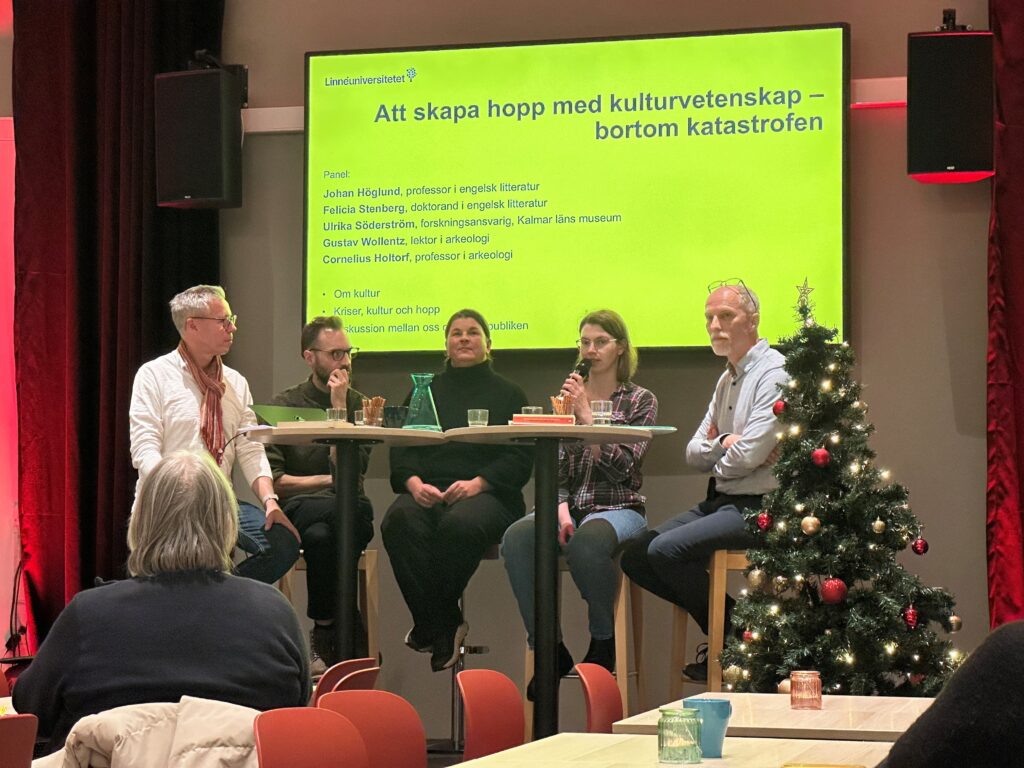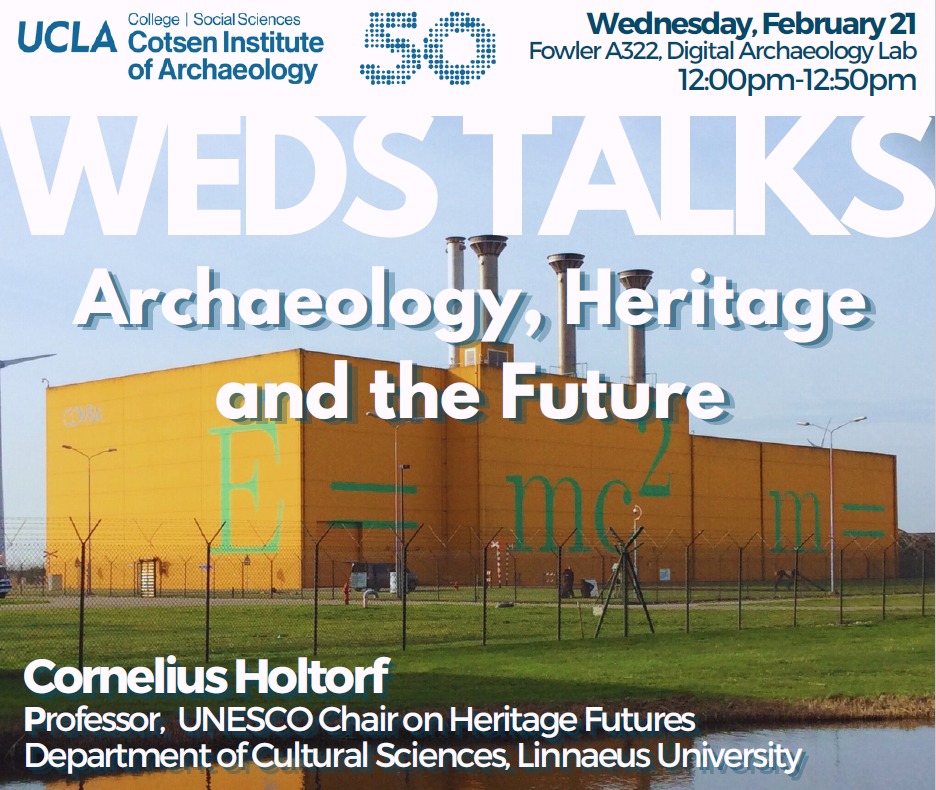I was among the very many passengers on the 200-or-so cancelled flights whose journeys and plans got interrupted by climate activists who had gotten onto the runways of Frankfurt Airport yesterday.
It meant for me four hours of queuing until I got rebooked as well as a full additional day of travelling to a new destination and a long train journey from there (as Kalmar is remote and the cancelled flight goes only twice a week). They also lost my baggage along the way, including the German bread, the cheese, and some fish, all of which will likely be unedible when I will eventually receive them. On top, there is subsequent office work at home to try and reclaim my extra costs from the airline or my travel insurance.
Despite all this, I still wasn’t hit extremely hard I’d say, but only because I was travelling without small children, during my holidays, and because of tough EU regulation protecting travellers’ rights (which made the airline and airport supply us with essentials, including a hotel and food). But this act of activism by activists certainly did add stress and affected my immediate future. Was it worth it, for them?
For some reason, two TV crews (Welt TV live and ZDF) chose me for interview while queuing, asking what I made of the climate activists’ action. This led to discussion with a fellow queuer on his way (or not) to London. Whereas I can understand, and even sympathise with the activists’ cause and their hope—and expectation—to be vindicated by distant future generations, I also insist on the fact that Germany is a state ruled by law. It is not a state where citizen activists decide themselves what is right or wrong for others to do, either now or in the future, including when and how to travel.
There are many worthwhile causes of primary and even of existential significance for present and future generations. There are people championing causes as diverse as world peace and global sustainability, gender equality and equal opportunities, global justice replacing the neoliberal economy, anti-racism and decolonialization, and a whole lot more…
But is it all worth risking our hard-won democratic system of representative and law-based governance? Is a kind of climate dictatorship legitimated by activists (resorting to methods of minor terrorism?) really such a great prospect – or would this risk precisely what makes citizens believe in their joint society and trust in state and government? Are we from now on all supposed to be disrupting the lives of others for the particular existential causes we believe in?
As for me, for example, I am quite perplexed by the fact that very many citizens seem to be more concerned by future climate change than by the mid-term prospect of a global war or other military conflicts in our own world region. But that does not make me try to halt physically, say, the massive current weapon exports to war areas like Ukraine – or disrupt the lives of the very many people supporting this.
In a strong democracy like Germany political activism should be done by voting or other dedicated mechanisms including demonstrations, legal cases, petitions, publications, etc. Europe is not the Wild West where the guys with the biggest guns call the shots.
All this was on my mind precisely because the activists had chosen the day before the opening of the Olympic Games in Paris for their action – but had they ever reflected on the meaning of the Olympics? The Resolution of the 2024 Games is entitled “Building a peaceful and better world through sport and the Olympic ideal.”
In sum, I hope the activists (probably feeling quite chuffed about the immediate impact of their action) will be persecuted and convicted by the courts and that some or all of all the extra costs can be recovered as a result.
For a better future!











[…] The new funding for this and a number of additional smaller projects, means that the Climate Heritage Network is…
[…] Chair on Heritage Futures « Culture, cultural heritage and COP26 […]
[…] mer på Unescoprofessurens blogg http://blogg.lnu.se/unesco/?p=1061 Besök Öland 2050! […]